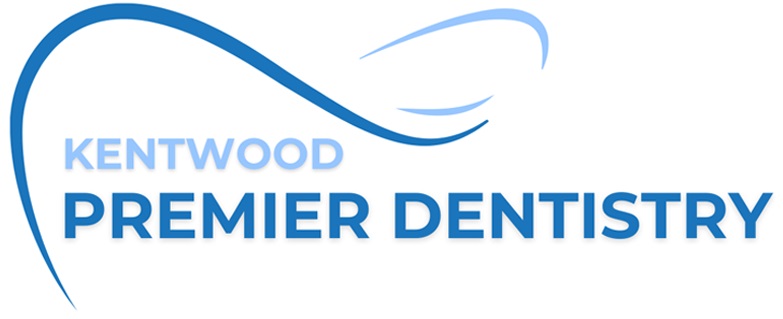Kentwood, MI

Reclaim Your Beautiful Smile With Restorative Dentistry
Benefits Of Restorative Dentistry
- Improved Oral Health: Restorative dentistry procedures can address dental issues like cavities, gum disease, tooth decay, and structural damage. By treating these problems, patients can enjoy better oral health and prevent further complications.
- Enhanced Functionality: Restorative treatments aim to restore the proper function of your teeth, allowing you to chew, speak, and bite comfortably. This can significantly improve your quality of life and dietary choices.
- Pain Relief: Dental problems often lead to discomfort and pain. Restorative dentistry can alleviate these symptoms by addressing the underlying issues, leading to relief and improved overall well-being.
- Aesthetically Pleasing Results: Restorative dentistry procedures not only focus on functionality but also on the appearance of your teeth. They can improve the aesthetics of your smile, boosting your self-esteem and confidence.
- Preservation of Natural Teeth: Restorative dentistry aims to preserve your natural teeth whenever possible. This is essential for maintaining your oral health and preventing the need for more extensive treatments like extractions and dental implants.
Long-lasting Solutions: Many restorative dental treatments, such as dental crowns, bridges, and dental fillings, are durable and can last many years when properly cared for.
Restorative Dentistry Treatment Options
Dental Crowns
Extractions
Bone Grafts
Root Canals
Dental Implants
Dental implants are the gold standard for replacing missing teeth. They not only look and feel like your natural teeth but also help maintain your jawbone's integrity. We at Kentwood Premier Dentistry ensure a seamless procedure from start to finish.
.
Have Questions About Restorative Dentistry? Find Answers Here.
Q: How do I know if I need restorative dental work?
A: You should consult your dentist if you have tooth pain, broken or chipped teeth, missing teeth, or if you are unhappy with the appearance of your teeth.
Q: What are dental bridges, and how do they work?
A: Dental bridges replace missing teeth by connecting artificial teeth to adjacent natural teeth, providing stability and function.
Q: How long do restorative dental procedures typically last?
A: The longevity of restorative work varies depending on the procedure, oral hygiene, and other factors. Some restorations can last a lifetime with proper care.
Q: Are restorative dental procedures painful?
A: Most restorative procedures are done under local anesthesia, so you should not feel pain during the treatment. Some discomfort or soreness afterward is normal but manageable.
Q: How can I maintain the longevity of my restorative dental work?
A: Good oral hygiene, regular dental check-ups, and avoiding habits like teeth grinding can help extend the lifespan of restorative work.



